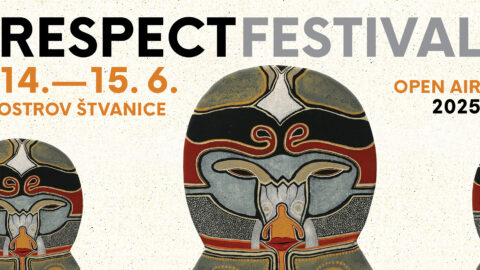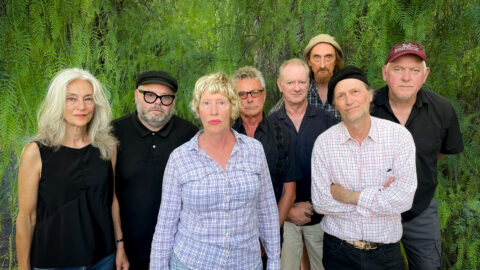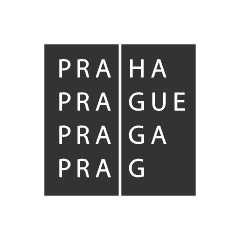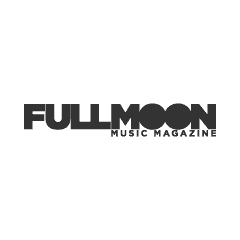A few months ago, Sophie Hunger got out of bed at four in the morning to go to Berlin’s techno superclub KitKat, where Paula Temple was playing a 5am DJ set. She could have done what most clubbers do and arrive at midnight, but she wanted to appreciate Temple with a clear head. “I could either have spent all night there and been dead in the morning, or gone at five, so I went at five,” she shrugs. Typical Hunger – in love with the nightlife, but still the sensible girl from Bern.
“Sensible” is relative, though. Since her last album, 2015’s Supermoon, Sophie has made major changes. She moved to Berlin, got passionate about analogue synths and electronic music – Berlin’s heartbeat. She exchanged her classical instruments for drum machines and computer software and decided to write a full English album. Until then, she’d written in a mix of English, French, German and her native Swiss German. “There’s something dubious about it. On a good day I like to think I’m heroically defying the tyranny of Anglophone pop culture; on a bad day, I realize I’m simply shunning the confrontation, hiding behind this weird language mix.” Recorded almost entirely solo, it’s a twilight journey through the mind of an artist who’s long been loved by musicians and Continental connoisseurs, and is about to plant her flag in the Anglophone world.
A quick bit of background: born in Bern to a diplomat father and a politician mother, she grew up in Zurich, Bonn and London. Her gateway to music was her jazz-loving parents, and jazz and folk still form a core part of her writing style. At 19, she became a vocalist for an electronic collective called Superterz, and between 2004 and 2007, she fronted a jangly indie band, Fisher. Her first solo album, Sketches on Sea (2006), introduced Europe to her slow burning intensity; the French daily newspaper Liberation declared that she “wouldn’t stay Switzerland’s best-kept secret for long”. She didn’t – her next album, Monday’s Ghost (2008), was a Swiss chart-topper but also got her attention all over Europe. In 2010 she became the first Swiss artist ever to play Glastonbury, where she picked up her first UK fans.

















